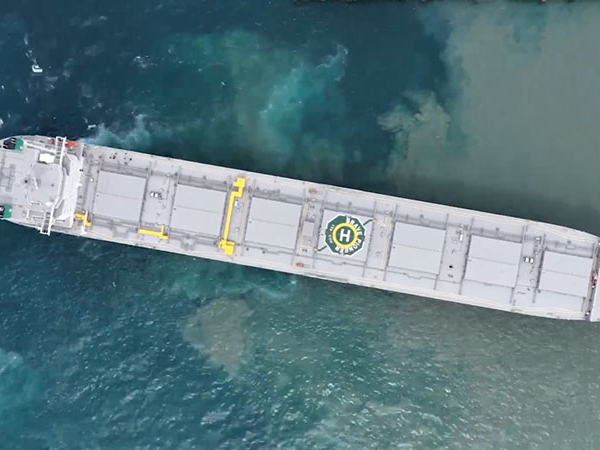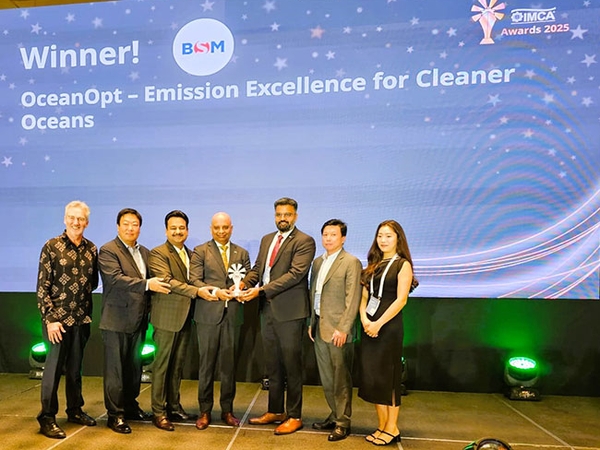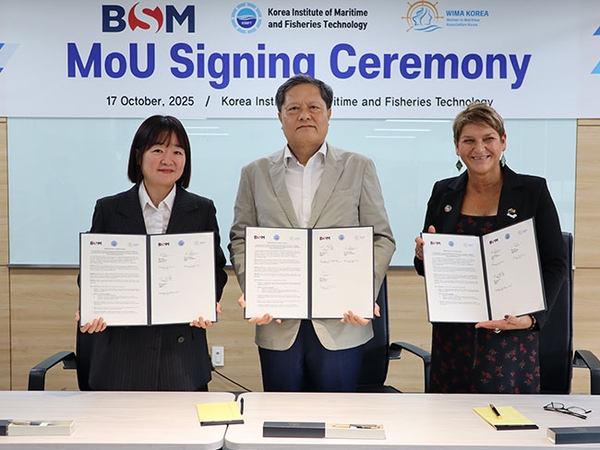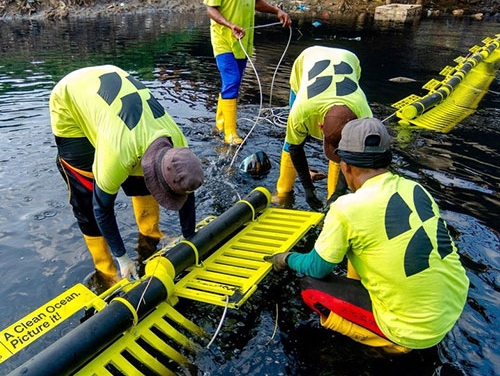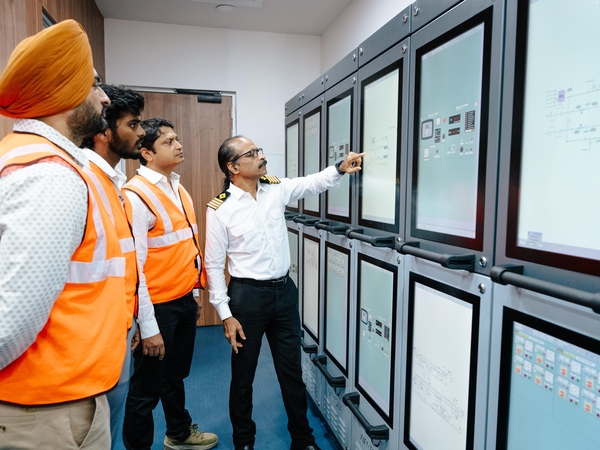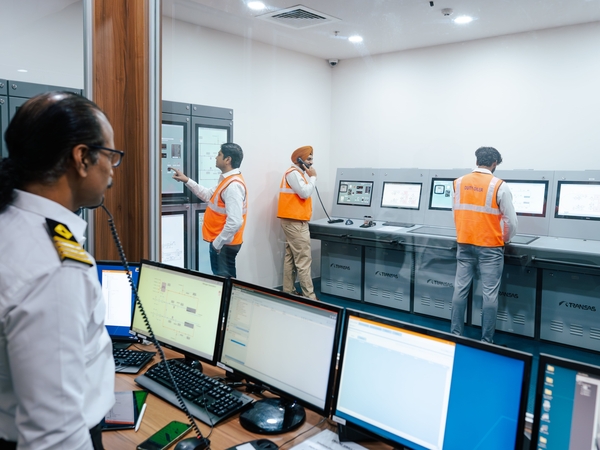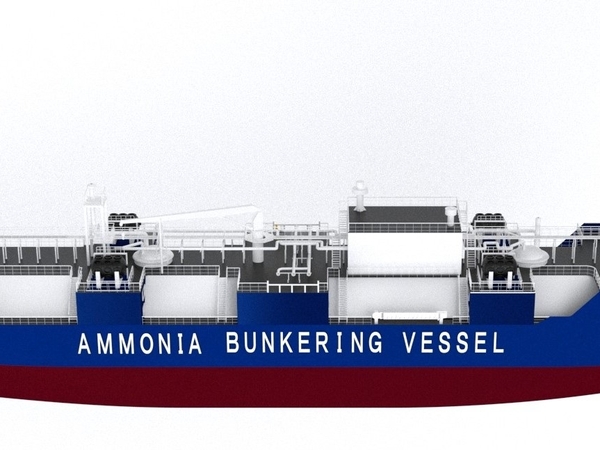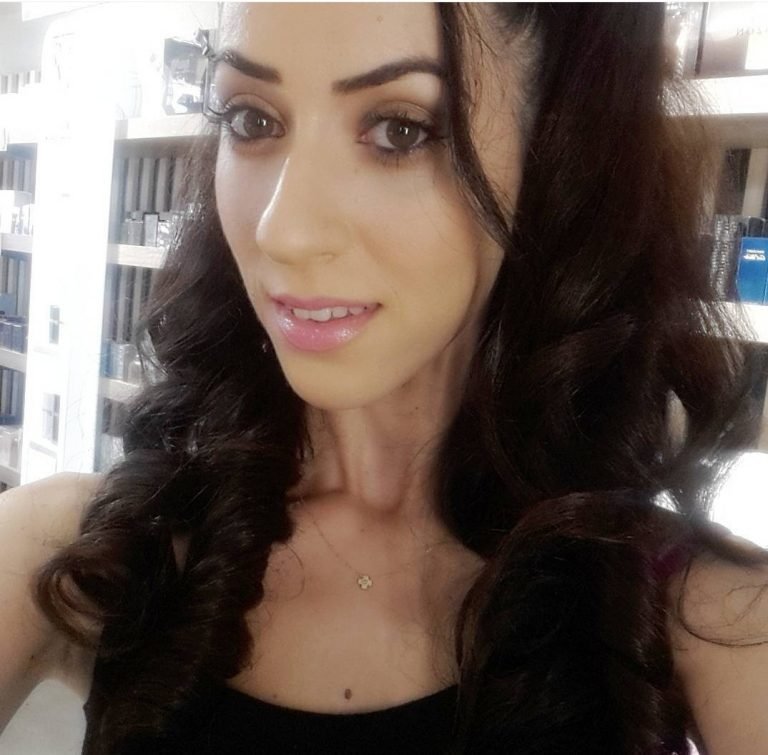
February 11th marks the UN International Day of Women and Girls in Science. This is a day to celebrate the contributions of women and girls in science and technology communities, as well as their critical roles in its sustainable development. Countries with more gender equality have better economic growth and companies with more women leaders perform better. We hope to see women’s roles strengthen in these segments, and that they receive the recognition they deserve.
Today, women represent only two percent of the world’s 1.2 million seafarers and 94% of female seafarers are working in the cruise industry. Within this historically male-dominated industry, IMO has been making a concerted effort to help the industry move forward and support women within our industry.
On this international day, we celebrate our BSM women professionals who have used their science background to contribute to the success of our company and the betterment of our industry. The ‘women in science’ series kicks-off with Despina Kourtellou, Fleet secretary at BSM Cyprus, who shared her journey in the maritime sector and how a science background empowered her to keep going.

What is your academic background and was science your passion while growing up?
I earned BSc and MEng in civil engineering. Also I have recently graduated with a Master in Business Administration (MBA). Throughout my secondary education, I was naturally inclined towards science lessons and I remember myself always being willing to solve problems using lateral thinking. As a child, I was always filled with excitement in the prospect of reading an encyclopaedia and had a strong curiosity to teach myself about other countries. I can recall myself holding a globe and trying to explore the seas.
Please describe your role in your organisation and what you enjoy most about it.
In BSM I work as a Fleet Secretary but at the same time I carry out duties typical to Technical Officer and Catering Officer roles. I really enjoy working in BSM because I meet vessel agents and TSIs on a routine basis, therefore there is a lot of useful experience to learn. I am very excited with the fact that I am learning so many things for shipping every day.
I always try my best to ensure that the needs of the vessel, owner and company are fulfilled in such a way that is profitable for the company. Given the opportunity, I am always keen to attend conferences for shipping and acquire more exposure in my sector. I have recently joined a new project of the company concerned with Smart Maintenance and currently trying to provide my knowledge to my absolute best so that I achieve a high standard collaboration with the team.
How did you arrive at this role? (Was it your intention at a young age to always go into this industry?)
My journey in shipping has started 7 years ago when a big ship management company had several openings for engineers to work on a PMS project. This experience was one to get me introduced into shipping and help me realise how much more interesting and enjoyable this sector is to me. I learned a lot of new concepts, especially in the technical side of the vessels. Since I am actively trying to increase my prominence in the field, I decided to join BSM in the prospect of developing my career further and acquiring new skills. I have been part of BSM since 2018.
How have you worked within the maritime sector to improve women’s role in the science field (e.g. technical, mathematical, architecture, IT) positions?
In the 21st century the role of women has improved significantly in the maritime sector. Undeniably, there is a rise in roles being occupied by women such as managers and TSIs which are carried out with great success. Personally I attended in Drydock for planned maintenance system. I came in direct contact with the crew and we had perfect cooperation so that our goal could be achieved. With the right guidance of the crew, and the high level of communication we managed to deliver results within the timeframe and at a respectable rate. A woman can get herself involved with high quality work and carry out projects in DD, which is considered a tense and demanding task. Further, the daily updates I have with the crew and the prompt responses to their questions, shows that a woman can cope with various ship requests which are of urgent importance in the best possible way, ie. maintain professionalism under high pressure.
Recently, I had the chance to mentor a trainee who joined our company for a short placement. Following the successful completion of her placement she gave me a small gift telling me that I had motivated her with the high level of mentorship to go and study Shipping. She has now moved to Germany to further enhance her skills by taking up studies in shipping. It is an example by how the empathetic nature of women can nurture people into roles which will inevitably benefit from diversity.
How do you feel the field of science has embraced the talent and value of women? (Please feel free to elaborate on your personal experience here).
Science has many fields that a woman can show her talent and her value. Many occupations exist at which a woman is given the opportunity to take up duties and projects and prove herself. Moreover, ample of roles exist in universities, industry and education which offer the opportunity to women to progress in several projects. Personally, I took part in a waste management survey years ago where I was assigned by the statistical service. Following collection of the relevant data from several companies we were able to draw important results for the waste management in our country. These types of projects underline that data analysis and science is an up-and-coming sector that is very critical nowadays for the successful completion of predictions and projects.
What excites you or interests you most about this industry and how does this motivate you?
The fact that I get the opportunity to learn so many new concepts and work on different projects every day, has increased my motivation for shipping. I get the chance to speak with so many people, either via emails or on the phone so that our goal is achieved and delivered within the set timeframe. When you are involved in the maritime sector, you are given the opportunity to learn so many things on a global scale, such as the trends of the market and economical and political situations in other countries. Foremost, we get the chance to greet and meet people of different ethnic and cultural background. I feel redeemed and happy when the crew is pleased with my services as it fuels my motivation to continue the
Please share something personal about you / your personal experience / achievements / challenges overcome that the reader may find interesting or inspire the future generation coming from this background into our industry.
As exemplified above and following several years of experience in the sector, I can confidently say that moving into shipping was certainly the correct career move to do. Shipping for me is something that excites my psyche and allows me to propel into the future without many concerns. It has been difficult to enter this field as at the time I was not as knowledgeable as my competing peers were. However, following many years of experience I have managed on my own initiative and/ or with the help of my colleagues to learn a lot. I understood how important shipping is to the global economy. Shipping is a sector that will persist to exist and to anyone out there who is considering joining the sector I would advise them to take the risk. They have nothing to lose but only gain.
